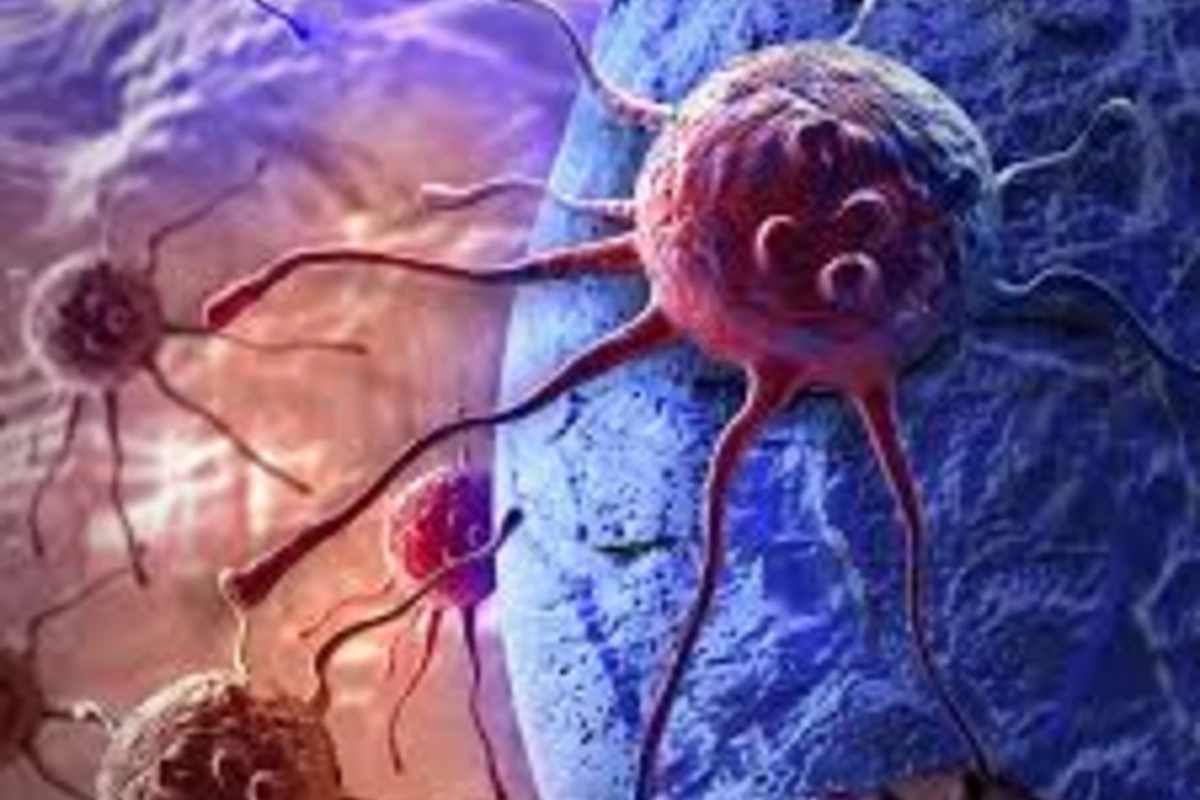A method to induce self-destruction of cancer cells using sugar has been found

Exopolysaccharide EPS3.9, isolated from marine bacterium Spongiibacter nanhainus, can trigger self-destruction of cancer cells. This conclusion was reached by scientists from the Chinese Academy of Sciences. The research results are published in The FASEB Journal.
The EPS3.9 molecule consists of mannose and glucose. Laboratory experiments have shown: the exopolysaccharide can trigger the process of pyroptosis - an inflammatory form of programmed cell death - in tumor cells. This mechanism differs from classic apoptosis - it is more aggressive, accompanied by destruction of the cell membrane and the release of signals that attract the immune system.
Scientists have discovered that EPS3.9 directly affects the fat molecules in the cell membrane. This triggers a chain reaction, resulting in inflammation and destruction of the cell from within. This effect was observed in cultures of human cells in leukemia modeling. In laboratory mice with liver cancer, EPS3.9 not only slowed tumor growth but also activated an immune response against it.
According to Dr. Chaomin Sun from the Chinese Academy of Sciences, this discovery highlights the potential of marine microorganisms as a source of new medicines. The study opens up the prospect of creating drugs based on the activation of pyroptosis, which could become an alternative to traditional chemotherapy. This approach is more selective and may be less toxic to healthy tissues.
Additionally, activation of the immune system multiplies the chances of combining EPS3.9 with existing immunotherapy methods.
However, scientists emphasize: results in animals do not always fully correspond with the human body's reaction. To confirm the effectiveness and safety of EPS3.9 for humans, large-scale clinical trials will need to be conducted.
Similar News
Method found to prevent brain tumor recurrence
Scientists from the National Taiwan University have created a unique post-operative gel dressing that enhances the effectiveness of radiation therapy and helps...




 Azərbaycanca
Azərbaycanca  По-русски
По-русски  English
English 





